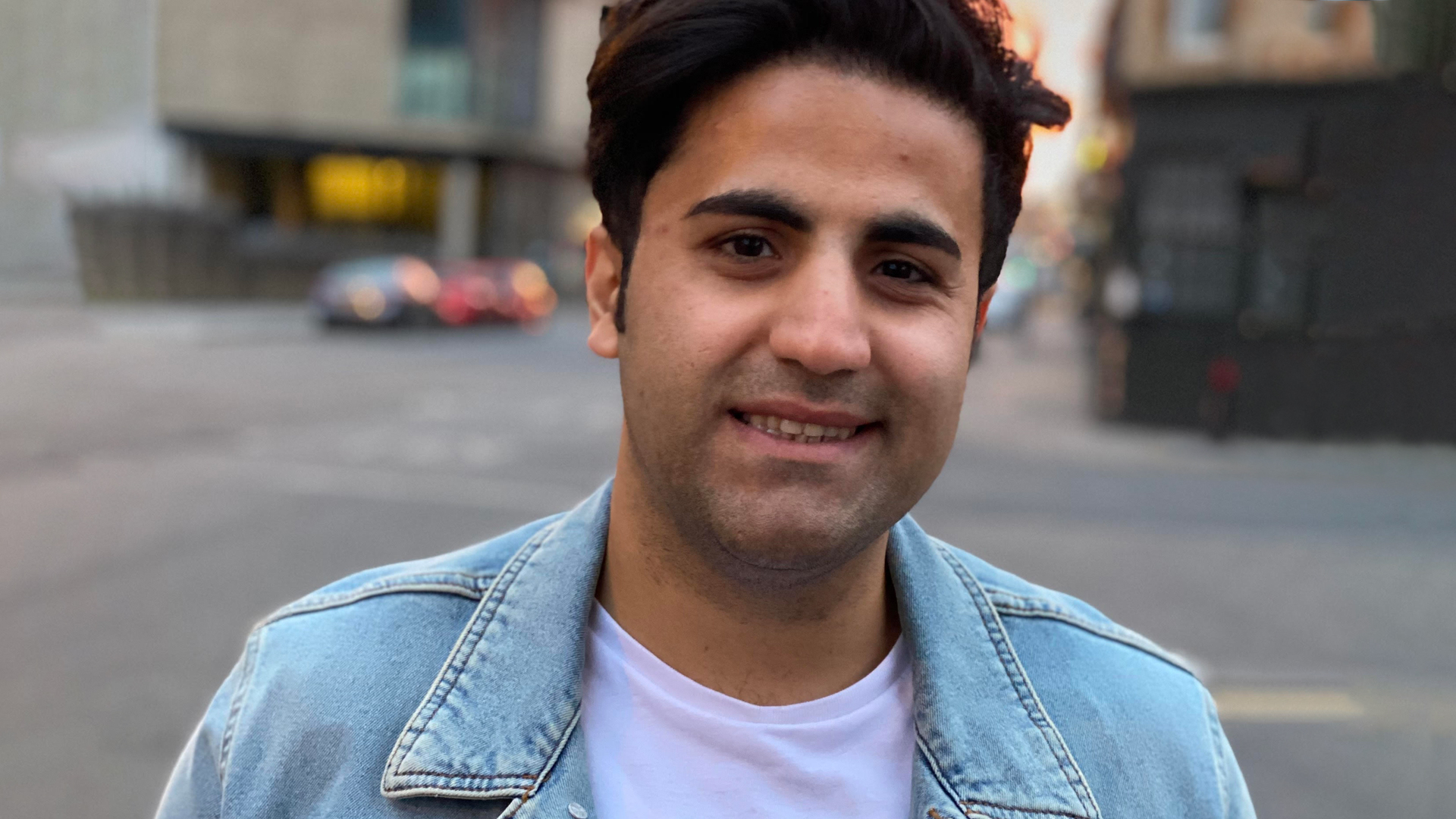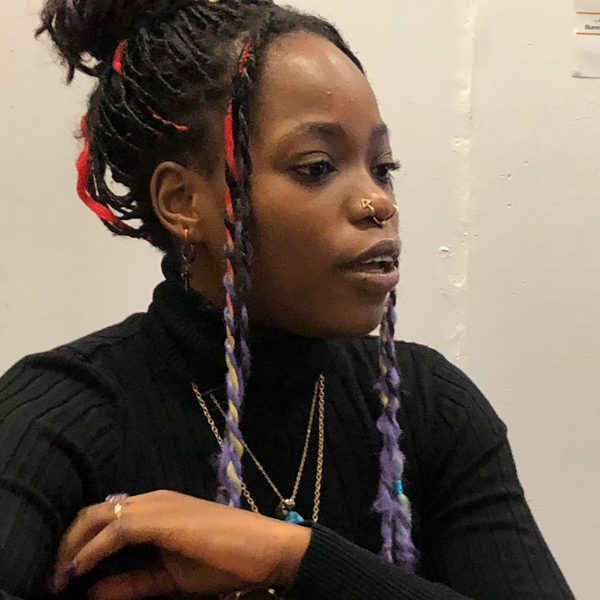Musicians in Exile is a project based in the Govan area of Glasgow, designed to bring together refugees and asylum seekers who can play music but no longer have contact with other musicians or access to instruments.
Founded in 2018 by award-winning musician Paul MacAlindin, who had already received worldwide acclaim for establishing the National Youth Orchestra of Iraq, it’s a way of helping all involved deal with “the huge culture shock” of arriving in an unfamiliar place, often after escaping war or other trauma.
This summer, as part of the Refugee Festival Scotland, the group released their first song. Written during lockdown and titled Always on the Move, it “speaks to our flight from danger, constant instability and hopes of settling in a new home”, they say. Two of the members of Musicians in Exile, singer and rapper Yvette and setar player Aref, share their stories and describe what the project means to them.
Aref: I left my country Iran because I wanted to be a normal musician, I didn’t want to be censored anymore and have other people deciding whether I can release a song or not. I didn’t want to have to worry about being punished. I play an Irani instrument called the setar, which is different to the Indian one the sitar. It’s a stringed instrument, wooden made. In the past it used to have three strings but now it has four.
I came to the UK in 2018 and applied for asylum, then got my refugee status after a few months. I now work as a destitution advisor at the Scottish Refugee Council in Glasgow.
Glasgow is so diverse and so active, in terms of art and music. The first reaction I had to the city and its vibe was when I was looking at the huge poster in the city centre which says People Make Glasgow. For me, going through all the difficulties I went through for years, all the bad experiences, it gave me a very positive feeling, a feeling of safety and security. I know now that people really do make Glasgow. I like how here in Scotland they don’t call us “refugees”, they call us “new Scots”.










